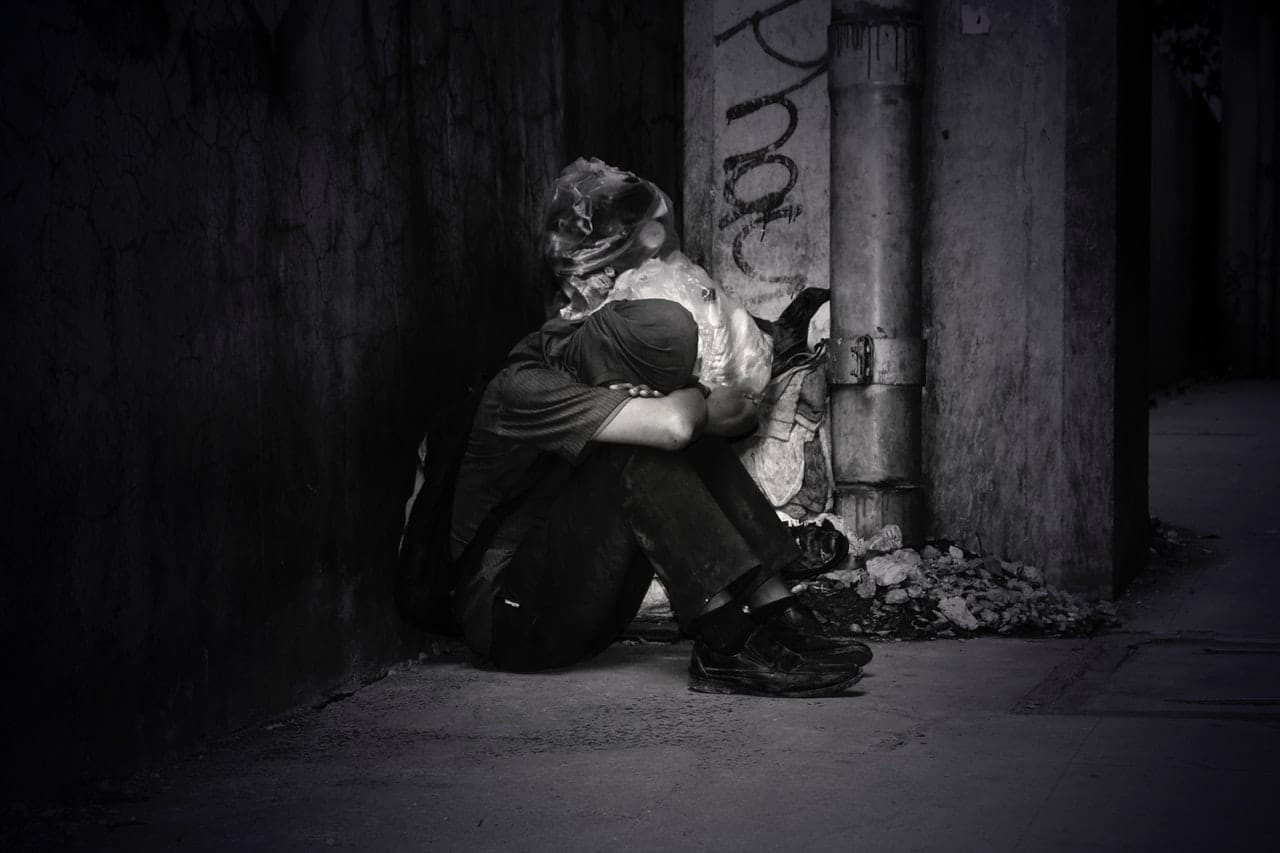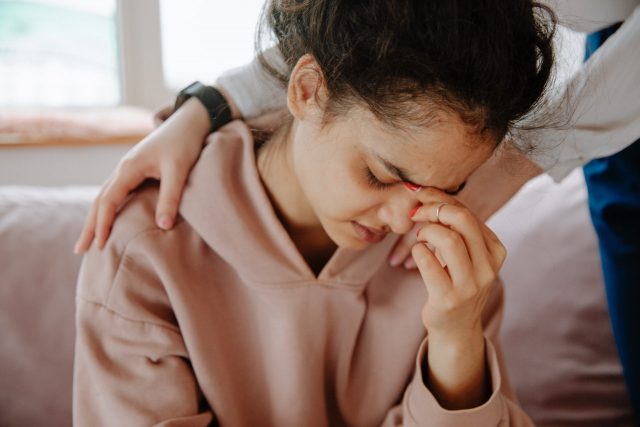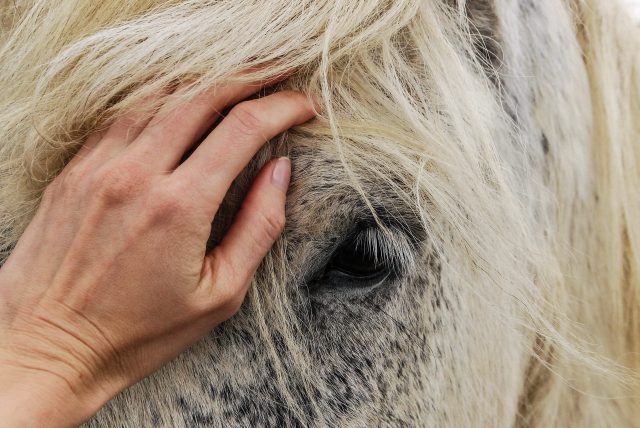

Drug rehab statistics show that the percentage of those who will relapse after a period of recovery ranges from 40 to 60%. These recurrence rates are similar to those of chronic illnesses like hypertension and diabetes. People spend a lot of money and effort on treatment, so why is drug rehab so frequently unsuccessful?
Addiction is commonly known as relapsing disease. This might explain why over 85% of patients with drug use disorders relapse and return to use within a year of treatment. Studies show that at least two-thirds of recovering individuals relapse within weeks to months of starting treatment.
The aim of substance use treatment is to help individuals achieve lasting abstinence and return them to productive functioning in the community, family, and workplace. According to research that monitors patients for extended periods, a majority of those who enroll and remain in treatment quit abusing substances, reduce criminal activity, and enhance their social, occupational, and psychological functioning. But the treatment outcome bases on:

Relapse is a normal part of recovery, just like for other diseases, like diabetes or hypertension. It is important to keep receiving treatment.
“Relapse rates for patients treated for drug abuse are similar to those for people treated for chronic illnesses like asthma and high blood pressure.”
Relapse to drug use doesn’t mean that treatment has failed. The chronic nature of substance dependence means that relapse can be part of the healing process for some patients. When someone returns to drug use after a period of abstinence, he or she needs to speak with their caregiver to resume, modify, or try other treatment options.
Ending drug use is a huge milestone, but it’s just a part of a long and complex recovery process. Individuals still need to overcome many challenges. Relapse occurs when one gets stuck along the way. They’re faced with a challenge but are unable or unwilling to confront it. So, they turn to inappropriate coping mechanisms as a way to deal with their inner turmoil and dissatisfaction. Unfortunately, this only leads them right back to substance abuse.
Reputable drug rehabs offer remarkable help to people in need. The training, therapies, support, and supervision included in these treatment programs aid individuals in depths of substance dependence find new way of living. But the National Institute of Health states addiction is a chronic condition that requires ongoing care. For that reason, more than 50% of those who pass through drug or alcohol rehabs need multiple rounds of therapy to attain a form of recovery that lasts. But even so, not all of these individuals emerge successful in their fight against addiction.
This begs the question, why is the drug rehab so frequently unsuccessful?

Why is drug rehab unsuccessful? It's not really a failure if you just keep trying.
Completing substance abuse treatment doesn’t guarantee sobriety. After leaving rehab centers, patients usually go back to environments where they abused drugs. Some places, people, or things can spark memories of drug use, and trigger urges that cause relapse.
Different aspects can increase the chances of relapse, including:
Triggers include anything from sensations, feelings, or thoughts to relationships and situations that cause the recovering patient to use after a period of abstinence. Holiday parties involving social drinking, exposure to drug-related objects, walking through drinking joints, or hanging around friends who are still using are examples of triggers that can cause a relapse. Unfortunately, recovering patients are consistently exposed to these triggers, making it hard to abstain.
Substance abuse treatment doesn’t end at the rehab facility. Recovering patients should continue with further treatment as specified in their relapse prevention plan. Rehab may stop the urge momentarily, but taking the right steps ensures long-term recovery. After-care services like 12-step, support groups, and other prevention programs arms individuals with coping skills that are essential to staying sober. A strong support system from friends, family members, recovery coaches, and peers can also encourage one to soldier on. But many patients don’t get this assistance, so they end up sliding back to their old habits.
Other internal and external factors like fatigue, physical pain, depression, self-pity, dishonesty, and unemployment can cause an individual to relapse. Researchers from one study discovered that risky drinking is common among the unemployed and that unemployment is a risk factor to drug use. Pity parties – when one feels sad, they can no longer hang with friends at bars or events -- can spark thoughts and eventually cause a relapse.
Just because a patient accepts to enroll in a rehab center doesn’t mean they’re all for the idea (or ready for that matter). There are different things that one can do to undermine their recovery process. For instance, one can join a program with no sense of commitment to life after addiction. Although therapists may use cognitive behavioral therapy among other treatment modalities to address such a problem, it takes dedication and desire to get better on the patient’s side to succeed in treatment.

Many factors will come into play with addiction treatment success. If you're reading this, it's not too late to achieve sobriety.
The same applies to patients who won’t share their insights during group therapies or ones who mock others in the counseling sessions. These individuals often have unresolved issues and disrupt meetings, which are essential in addiction treatment. Patients who don’t listen or are adamant about opening up aren’t able to take advantage of the healing and usually return to using soon after treatment.
The addiction rehab industry is packed with false claims and unsubstantiated care. As we’ve mentioned earlier, a significant percentage of recovering patients resumes drinking shortly after treatment. Research also shows many individuals who pass through rehabilitation wind up with a greater sense of personal failure and despair. This could be because of one or a combination of the following reasons:
With so many factors contributing to addiction, creating a standard treatment approach that works for everyone is impossible. The National Institute on Drug Abuse details the principles that rehab centers should use to individualize care for each patient. But still, most patients only pass through a short detox period, followed by a series of lectures, 12-step, and group therapy. Generalized treatment isn’t effective in addressing the mental, physical and emotional needs of each client.
The intensity of detox varies depending on the type of substance abused, length of use, etc. When a patient doesn’t get enough detox, it means he or she may still have the toxic build-up in their body. This will predispose them to cravings or flashbacks that may act as a trigger. Sadly, run-of-the-mill detox programs don’t consider this and leave their patients not fully detoxified.
Substance addiction often co-occurs with mental illness or other conditions. The Substance Abuse and Mental Health Services Administration revealed that there were about 9.2 million people who experienced both mental health and substance abuse disorders in the US in 2018. Combining strategies from fields of addiction and psychiatry treatment is a great way to ensure long term sobriety, according to SAMHSA. When the dual diagnosis isn’t taken into consideration, then the patient is highly likely to suffer a mental relapse and end up using the substance again.

While horses are cute, and equine therapy has been proven to offer help for adolescents who struggle with depression and anxiety, there is no proof on its effectiveness in drug rehabilitation.
Some rehab centers – particularly the luxury ones – go above and beyond to make the lives of their patients comfortable. They offer vast services like ocean therapy (riding a yacht), equine therapy (tending to or riding a horse), aquatic aerobics, fitness training, qigong therapy, work assignments, leisure skill groups, among other services along with other care programs. While these are great, there’s no scientific evidence of their effectiveness in substance abuse treatment. These services are great differentiators, but none of these rehabs monitors patient outcomes, despite promising quality results. These are just some of the reasons that drug rehab is so frequently unsuccessful, depending on how you look at things.